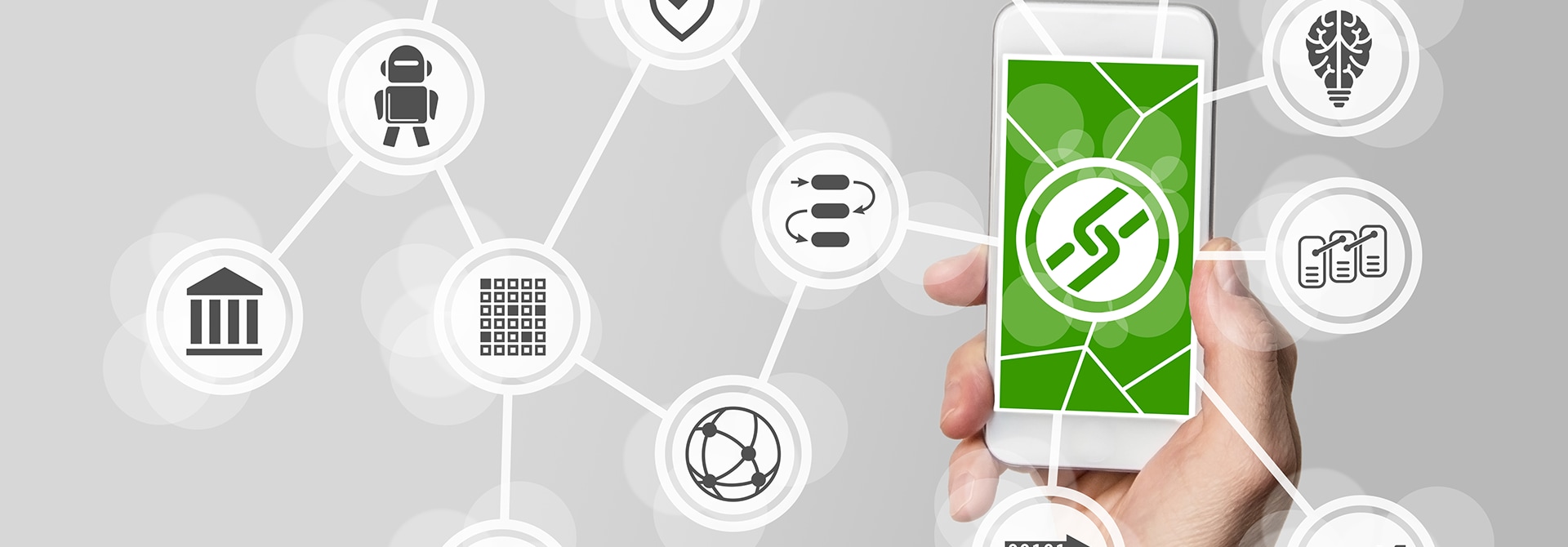> Blogs > Virtual Currency
Virtual Currency


Currency is broadly defined as anything that can be used as a medium of exchange to buy or sell goods and services. This need not necessarily be a physical object. In the barter system, which was a precursor to the system of money, goods and services were simply “traded” without any specific medium of exchange.
Present day third party bartering is organized through barter exchanges that are developed specifically for this purpose. A sizeable number of companies today see some benefit in exchanging goods or services rather than paying or getting paid in cash; the Sodexho meal passes being a case in point.
In today’s digitized era, money is not only viewed as hard cash but also as a number displayed on a gadget, be it computers, mobile phones or card swiping machines. Increased usage of credit/debit cards and online transactions has blurred the lines between real and virtual currency for the lay consumer.
Capitalizing on this growing trend, leading online social networking website, Facebook (FB) introduced Facebook Credits in 2010. A one-time purchase of these via a credit card in US Dollar currency, enables end users to buy “in-game merchandise” for various FB games, eliminating the need to use their credit cards multiple times for different games.
FB credits gained immense popularity to the extent that that they were, at one time, touted to become a global currency and app makers considered permitting lending in FB credits, possibly leading to the emergence of virtual banks. However, in the year 2012, FB stopped promoting usage of FB credits so as to allow non-US resident users to subscribe to FB games in their respective local currencies. Nevertheless, while they lasted, FB credits did pose a threat to banking as an effective online alternative currency.
The Bitcoin is another example of virtual currency. Unlike traditional currencies, it has no central monetary authority and is underpinned by a peer-to-peer computer network, similar to the audio-video service Skype. Bitcoins are generated by a procedure called mining. The process involves execution of complex number-crunching mathematical tasks within the computer network. The procedure is set in such a way that it becomes increasingly difficult to mine more Bitcoins; at most 21 million Bitcoins can be mined in the network. Thus, although the Federal Reserve may undertake a Quantitative Easing program, it is difficult to increase circulation of Bitcoins and cause their devaluation.
A Bitcoin can be bought and sold in return for traditional currency on several exchanges, and with the appropriate software, can also be directly transferred across the Internet between users. This makes it a potentially attractive currency with which to settle international transactions, avoiding inherent bank fees and exchange rate costs.
Ever since the Bitcoin gained in popularity, it has stayed volatile; going from a high of US$ 32 in June 2011 to US$ 2 in November 2011, and then again rising to US$ 7 in January 2012. Being unregulated and without collateral, the future of such a currency is uncertain. However, it does set a precedent for similar virtual currencies to follow.
Such a scenario presents the banking and financial services industry with opportunities as well as threats. Thus far, banks or credit card companies have been the gateway of access to FB credits and Bitcoins. Banks can capitalize on this by charging a fee for purchase of these virtual currencies. They can tie up with virtual currency providers to offer customers the flexibility to make payments through that mechanism, and in the bargain, attract more customers.
On the flip side, the regulation of virtual money and the prevention of its use to launder money, can pose major challenges to governments.
From barter to gold to paper-based and now digital currency, the concept of money has metamorphosed over the millennia. Its foray into the virtual realm, if and when that happens, would undoubtedly be epoch making.


anupam_garg
More blogs from anupam_garg >